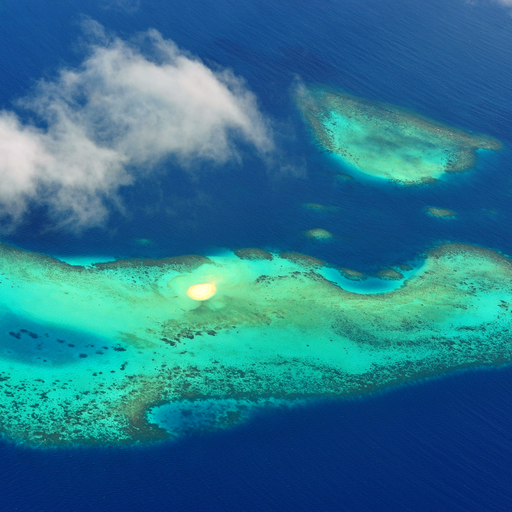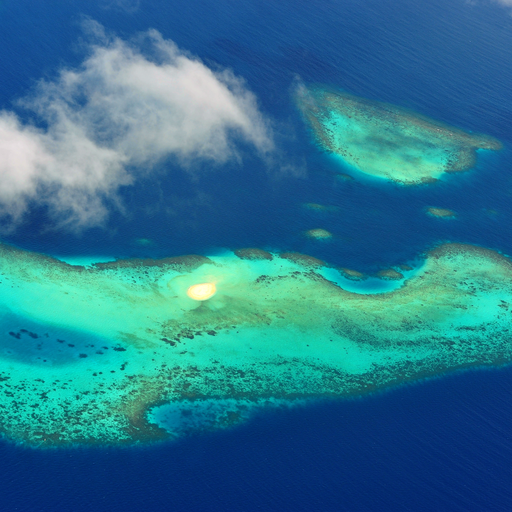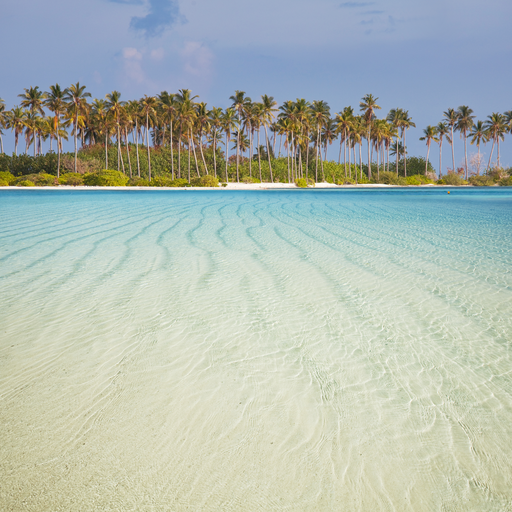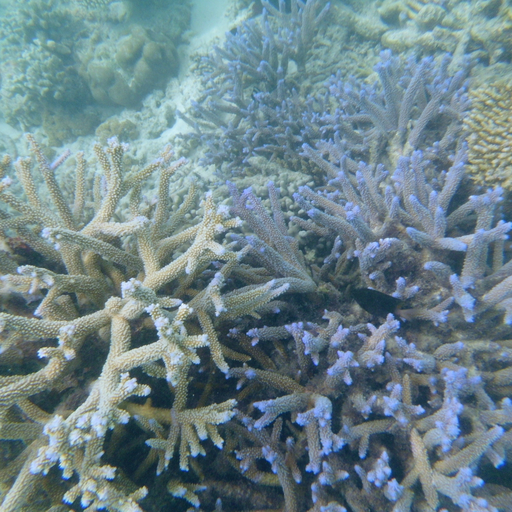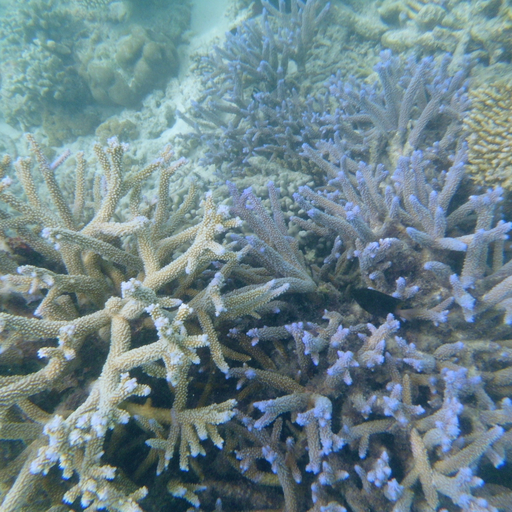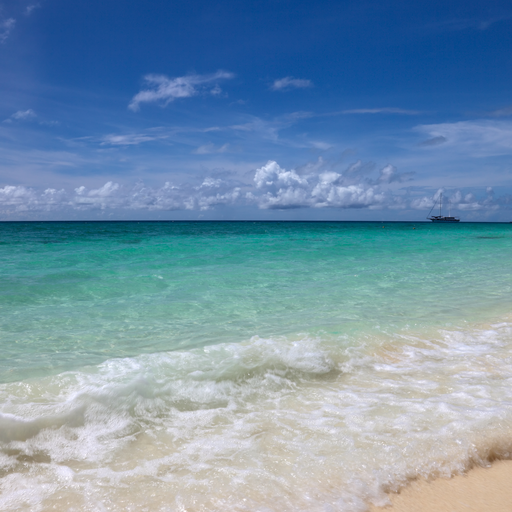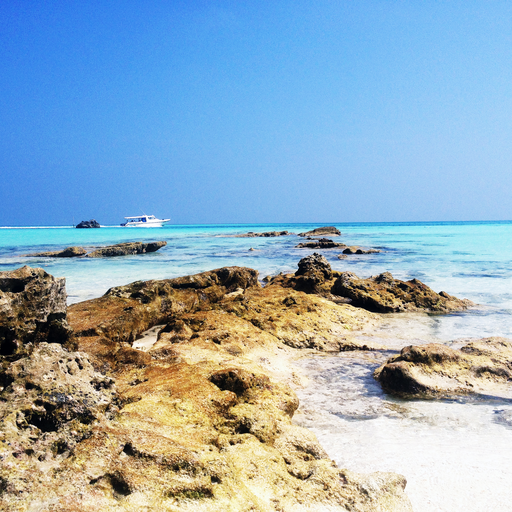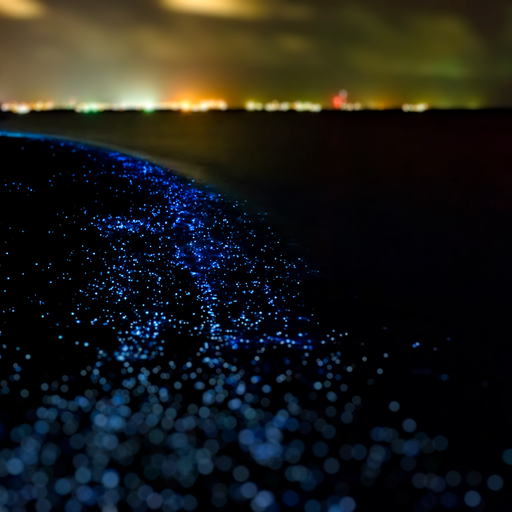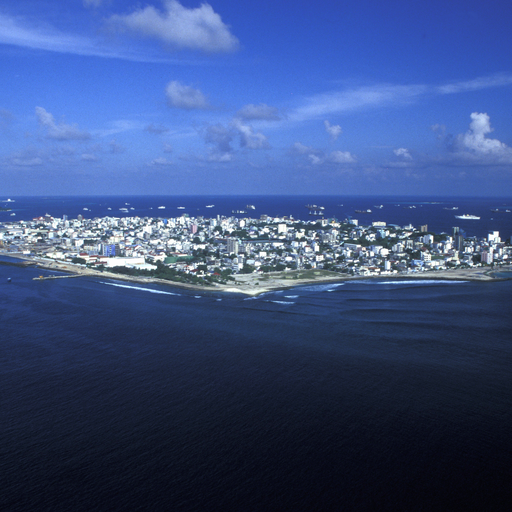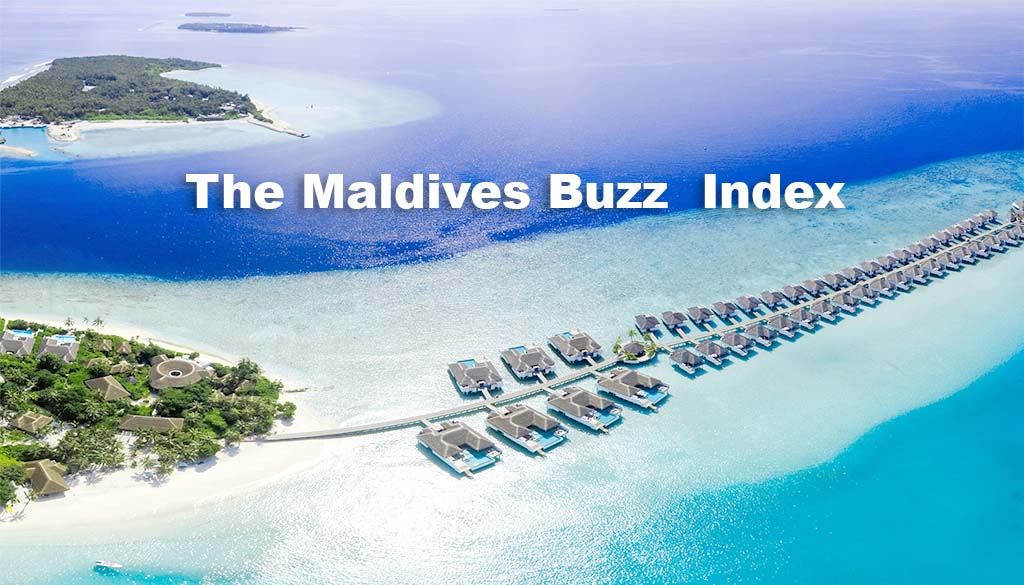Environmental Concerns: The Maldives and Rising Sea Levels
The Maldives, often referred to as paradise on Earth, is facing an existential threat—rising sea levels. This picturesque archipelago of over 1,100 islands, known for its luxurious resorts and crystal-clear waters, might soon be at the mercy of the ocean. Having traveled extensively across the Maldives, I have witnessed firsthand the beauty and fragility of this tropical haven. Let’s dive into the environmental concerns, the impact of rising sea levels, and the efforts being made to combat this pressing issue.
Understanding the Threat
According to reports from NASA and the U.S. Geological Survey, nearly 80% of the Maldives could become uninhabitable by 2050 due to rising sea levels. The Maldives is the lowest-lying nation globally, with an average ground level of just 1.5 meters above sea level. This makes it exceptionally vulnerable to the effects of climate change.
The Impact on Local Communities
The islands that are home to local Maldivians are the most at risk. Severe erosion, increased flooding, and the contamination of freshwater are some of the immediate concerns. During my visit to Dhiffushi Island, I met Ibrahim Mubbasir and his family, who rely on rainwater collection due to saltwater contamination of their well. The frequency of flooding has increased from a few times a year to twice a month, significantly impacting their daily lives.
Coral Reefs: The First Line of Defense
Coral reefs play a crucial role in protecting the Maldivian islands from the harsh effects of the ocean. However, a 2016 bleaching event affected about 60% of the coral reefs, weakening this natural defense. According to Aya Naseem, a marine biologist and co-founder of the Maldives Coral Institute, restoring and protecting these reefs is vital. Reefs can absorb 97% of wave energy, dramatically reducing erosion and providing a more cost-effective solution than building seawalls.
Top Resorts for Coral Beauty
- Conrad Maldives Rangali Island – Buzz Index: 4.67
- Ellaidhoo Maldives By Cinnamon – Buzz Index: 4.77
- Gili Lankanfushi – Buzz Index: 4.63
Technological Innovations and Sustainable Practices
From 3D-printed coral structures to floating cities, the Maldives is exploring innovative solutions to combat rising sea levels. The Modular Artificial Reef Structure (MARS) project on Summer Island uses 3D-printed bases with transplant corals to restore damaged reefs. Additionally, the construction of Hulhumale, a manmade island 6.5 feet above sea level, offers a potential relocation site for affected Maldivians.
Top Sustainable Resorts
- Conrad Maldives Rangali Island – Buzz Index: 4.67
- Dusit Thani Maldives – Buzz Index: 4.49
- Ellaidhoo Maldives By Cinnamon – Buzz Index: 4.77
The Economic Impact
The tourism industry, which accounts for a significant portion of the Maldivian economy, is also at risk. Beach erosion, degradation of marine life, and increased waste management challenges could deter tourists. During my stay at various resorts, I noticed efforts to mitigate these issues, such as beach restoration projects and sustainable waste management practices.
Top Resorts for Beach Quality
- Conrad Maldives Rangali Island – Buzz Index: 4.67
- Ellaidhoo Maldives By Cinnamon – Buzz Index: 4.77
- Kandima Maldives – Buzz Index: 4.74
The Role of the International Community
The Maldives has been a vocal advocate for climate change action on international platforms. Former President Mohamed Nasheed has highlighted the need for immediate action, stating that Maldivians are “paying with our lives for the carbon someone else emitted.” The Maldives continues to seek international support in the form of funding and technological aid to combat the impacts of climate change.
What Can You Do?
As travelers, we can contribute to the conservation efforts by choosing eco-friendly resorts, reducing our carbon footprint, and participating in local conservation programs. Resorts like the Conrad Maldives Rangali Island and Ellaidhoo Maldives By Cinnamon offer opportunities for guests to engage in coral restoration activities and other sustainability initiatives.
For those planning a trip, consider exploring our resort directory to find the best deals and sustainable options for your stay. Together, we can help preserve the natural beauty of the Maldives for future generations.
